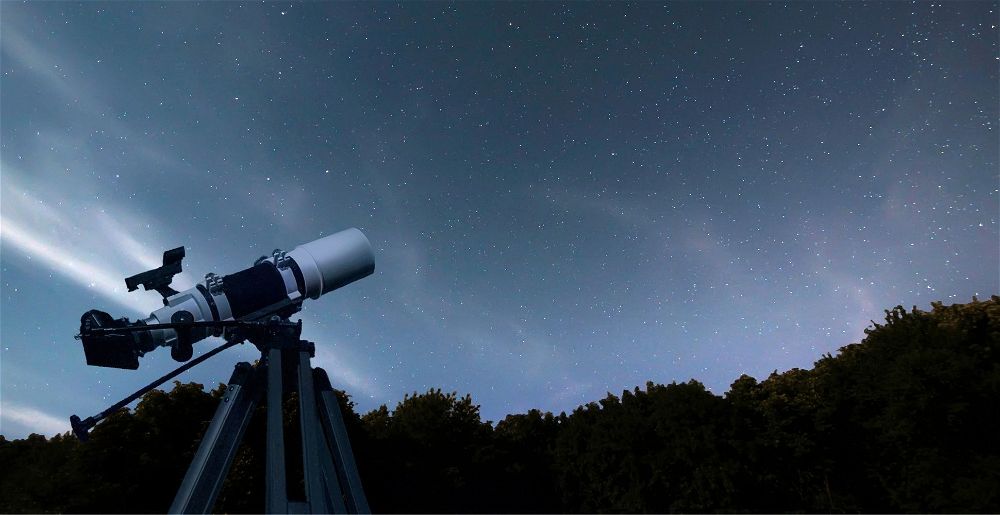Backyard Astronomy Tips For Stargazing In Your Own Outdoor Space

If you're looking for a fun and educational way to enjoy your backyard at night, consider trying backyard astronomy! With just a few simple tools and some basic knowledge, you can explore the stars and planets right from your own backyard.
Here are some tips to get you started:
How to
1. Get a telescope. While you can certainly stargaze without a telescope, having one will greatly enhance your experience. Look for a good-quality telescope that's easy to use.
2. Choose the right location. To get the best views of the night sky, you'll want to find a spot that's free of trees and other obstructions. Look for a location with clear skies and minimal light pollution.
3. Learn the constellations. Before you head out to stargaze, take some time to learn the constellations. You can find many online resources to help you identify different constellations and stars.
4. Be patient. Sometimes, it takes a while to get a good view of a planet or star. Don't give up too quickly!
5. Keep a record. As you explore the night sky, keep a record of what you see. This can be a fun way to track your progress and learn more about the stars and planets.
Tips & Tricks
1. Join a local astronomy club. Astronomy clubs are a great way to connect with other stargazers and learn more about backyard astronomy.
2. Invest in a good star chart. A star chart can help you identify different stars and constellations, even on the cloudiest of nights.
3. Use a red flashlight. When you're stargazing, it's important to maintain your night vision. A red flashlight can help you see without disrupting your eyes' ability to adjust to the darkness.
4. Watch for meteor showers. Throughout the year, there are many meteor showers that can be seen from Earth. Check online for a schedule of upcoming meteor showers, and plan your stargazing accordingly.
5. Keep your telescope clean. Over time, your telescope can accumulate dust and debris. Regularly cleaning your telescope will ensure that you get the clearest possible views of the night sky.
FAQ
Q: Do I need a telescope to stargaze?
A: No, you can certainly stargaze without a telescope. However, a telescope can greatly enhance your experience.
Q: Do I need any special equipment?
A: In addition to a telescope, you may want to invest in a good star chart, a red flashlight, and a comfortable chair.
Q: What time of year is best for stargazing?
A: While you can stargaze year-round, the best time to stargaze is generally during the fall and winter months.
Q: Can I stargaze with my kids?
A: Absolutely! Backyard astronomy is a great way to get kids interested in science and the night sky.
Q: Can I stargaze in the city?
A: While light pollution can be a challenge in the city, it's still possible to stargaze. Look for a location with minimal light pollution, such as a park or a rooftop.
Q: Do I need to be an expert to stargaze?
A: Not at all! With a little bit of knowledge and some patience, anyone can enjoy backyard astronomy.
Now that you know the basics of backyard astronomy, it's time to head outside and explore the night sky. Happy stargazing!


Post a Comment for "Backyard Astronomy Tips For Stargazing In Your Own Outdoor Space"